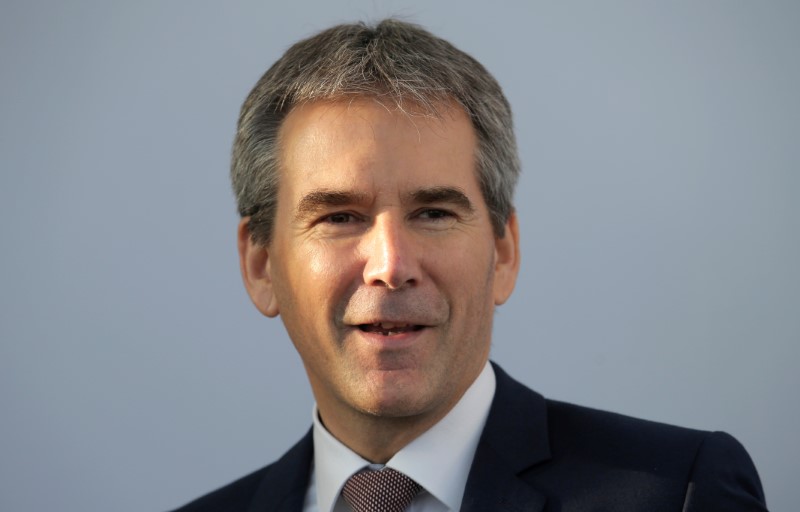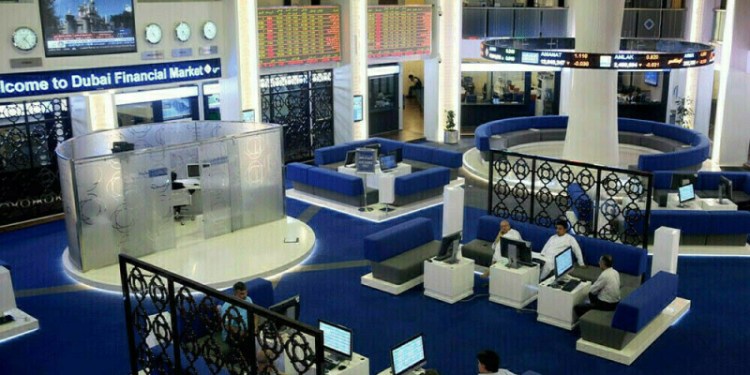 © Reuters. Austria’s Finance Minister Loeger addresses the media before a two-day cabinet meeting in Seggau
© Reuters. Austria’s Finance Minister Loeger addresses the media before a two-day cabinet meeting in SeggauVIENNA (Reuters) – Austria’s conservative-led government on Wednesday announced a budget with a small deficit this year and none next year, scaling back items including spending on refugees but also riding the current economic upswing.
Immigration hard-liner Sebastian Kurz led his conservative People’s Party into coalition with the far-right Freedom Party three months ago. Together they have pledged to cut public spending as well as taxes and reduce benefits for groups including immigrants and workers’ children living abroad.
In his maiden budget, Finance Minister Hartwig Loeger, a former insurance executive, provided for a budget deficit of 0.4 percent of gross domestic product this year and a roughly balanced budget next year.
A Finance Ministry presentation on the budget gave few specifics on how that would be achieved. It listed “up to 1 billion euros” ($1.2 billion) in savings on administrative costs this year. The next biggest item this year was a windfall of 250 million euros in “higher dividends” from government holdings.
Austria has stayed within the European Union’s budget deficit limit of 3 percent of GDP since 2011.
A bigger challenge has been keeping its structural deficit — which strips out some items and takes economic swings into consideration — within the 0.5 percent of GDP required by Brussels. It has succeeded in the past two years.
It has been given temporary permission to exclude much of its spending on refugees from its structural deficit calculations in the wake of the migration crisis, during which it took in more than 1 percent of its population in asylum seekers. That permission expires next year.
While the nominal budget deficit is expected to shrink, the structural deficit is expected to stay at the 0.5 percent limit this year and next, and only thanks to the exception this year for spending on refugees. Robust economic growth, which is expected to reach roughly 3 percent this year, is also a factor.
The government also plans to bring down its debt burden from 78.1 percent of GDP last year to 74.5 percent this year and 70.9 percent in 2019, the presentation showed.
Fusion Media or anyone involved with Fusion Media will not accept any liability for loss or damage as a result of reliance on the information including data, quotes, charts and buy/sell signals contained within this website. Please be fully informed regarding the risks and costs associated with trading the financial markets, it is one of the riskiest investment forms possible.
Source: Investing.com


























